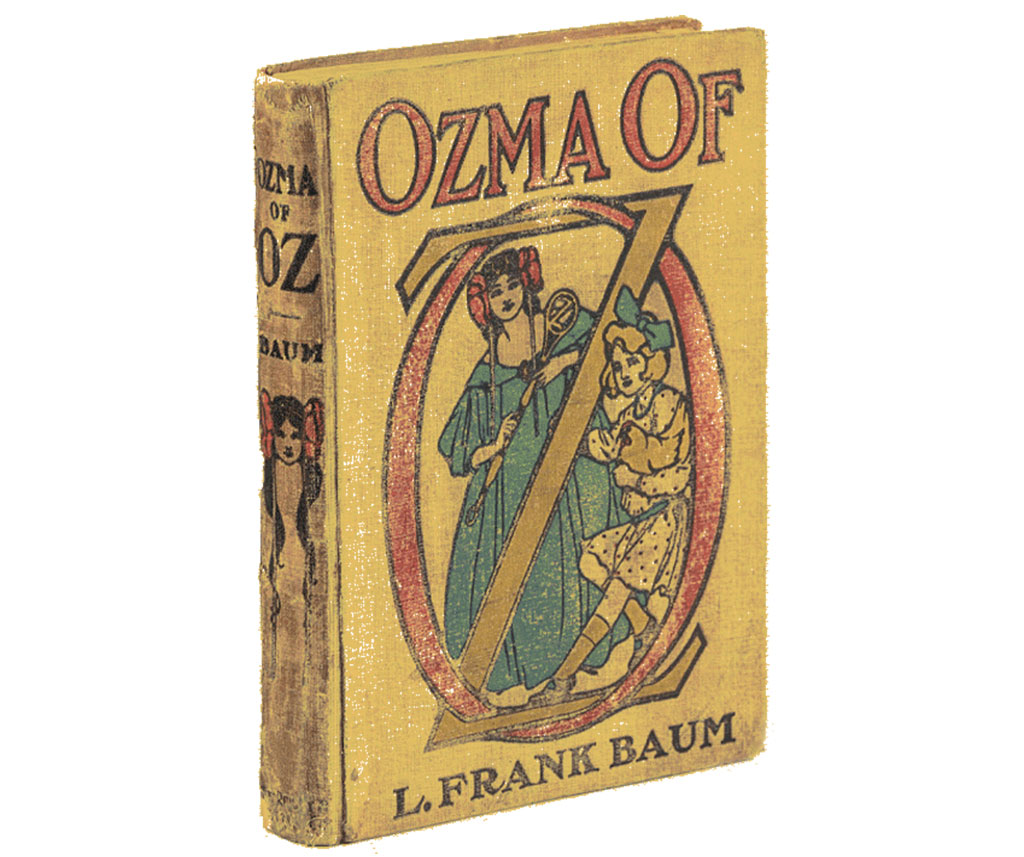You can name the SETI Institute as the beneficiary of your individual retirement account (IRA), 401(k), 403(b), donor advised fund (DAF), life insurance policy or other account. These gifts are easy to arrange or modify. Simply complete a beneficiary designation form from your plan administrator to name the SETI Institute a beneficiary of all or part of your retirement account or life insurance policy. If the retirement assets are tax-deferred, the portion left to the SETI Institute will not be subject to tax.
For questions about gifts via retirement plans, please contact:
Steve Bourdow
Director of Development
sbourdow@seti.org
831-420-7327
Legal Name: SETI Institute
Address: 339 Bernardo, Suite 200, Mountain View, CA. 94043
Federal Tax ID Number: 94- 2951356

IRA Required Minimum Distribution (RMD)
Your retirement plan’s Required Minimum Distribution (RMD) can be used to make a tax-free gift to the SETI Institute allowing your hard-earned savings to be put to work at an organization that matters to you. If you are 70 ½ or older, up to $100,000 of your otherwise taxable RMD, can be paid directly from your IRA to the SETI Institute as a qualified charitable distribution (QCD), fulfilling your distribution requirement and eliminating taxable income.
A Gift of Life Insurance
When the original purpose for a life insurance policy no longer applies—such as educating children now grown or providing financial security for a spouse—your policy can become a powerful and simple way to support our work. There are three ways to give life insurance to the SETI Institute:
Name us a beneficiary of the policy. This gift is as simple as updating your beneficiary designation form with the policy holder. You can designate us as the primary beneficiary for a percentage or specific amount. You can also make us the contingent beneficiary so that we will receive the balance of your policy only if your primary beneficiary doesn't survive you.
Make an outright gift of an existing policy. You can name us as owner and beneficiary of an existing policy. You qualify for a federal income tax charitable deduction when you itemize on your taxes. If you continue to pay premiums on the policy, each payment is tax deductible as a charitable gift when you itemize.
Make an outright gift of a new policy. You can take out a new policy and irrevocably name the League as the owner and the beneficiary of the insurance contract. This method may be particularly attractive for the younger donor. Whether you make one single premium payment for the policy or pay annual premiums, each payment is tax deductible as a charitable gift when you itemize.
)

